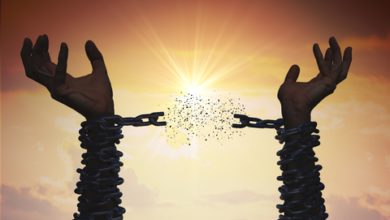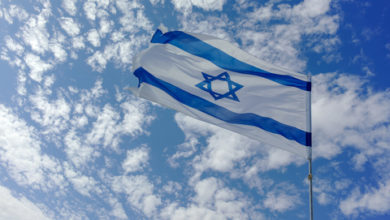Holy and Secular in the Redemption of Israel | Basic Tenets of Jewish Philosophy
The national rejuvenation of the Israel, which was expressed in a practical manner by the existence of the Zionist movement and the State of Israel, encompasses many different levels, which can be divided into two categories: bringing the secular to life and bringing the holy to life. Rejuvenation of the secular includes returning to all of the realms that we were unable to develop during the bitter days of the exile. This includes political, economic, and military existence, as well as our own culture and the arts.
In the early days of Zionism, religious people objected to having the Zionist Congress concern itself with culture and religion, fearing that this might inhibit cooperation between different sectors of the nation and interfere with achieving the desired political goal of establishing a viable country. Rav Kook was opposed to this approach, and he felt that it was not possible to have an authentic national awakening without a corresponding cultural rejuvenation. This means that it is necessary to become involved in culture in spite of the danger that this might force us to struggle in order to form its proper characteristics (Igrot Re’iyah, 158).
And what constitutes holy rejuvenation? We might have thought that it would consist of returning to traditional religious behavior, which is concerned only with the spiritual fate and the happiness of each individual and not with political rejuvenation – that is, that the nonreligious sector would repent and begin to observe the mitzvot. However, while it is certainly important for every Jew to observe all of the mitzvot, that is not the main focus of the “holy” rejuvenation.
The holy without the secular is weak, and it does not have the power to lift up the lives of the community and of all humanity. Secular living itself contains hidden within it a power of holiness which could not break through during the exile, the “sanctity of nature.” This will be revealed by the process of redemption (see Orot, page 45, and Orot Hakedusha Section 2, 23). This leads us to the conclusion that rejuvenation of the secular is in itself a form of renewal of sanctity and not merely a preliminary step towards the goal.
The denial by religious people of the value of the rebirth of the secular and the view of participation in the Zionist enterprise as a dangerous adventure which is liable to exact too high a price while at the same time raising the banner of religious isolation – all this will lead holiness to become weaker, since it cannot stand alone without the vitality of the secular life. Rav Kook writes:
“In religious circles on the other hand (that is: as opposed to the drying up of the holy sources by the academic secular sector), this can lead to a weakening of force, because of a lack of the secular influence… We must therefore reveal the program of unified spiritual force, since this is our unique secret which will never be revealed to any other nation.” [Igrot Har’iyah, 748].
Religious holiness, which Rav Kook describes as “regular holiness,” is no more than one aspect of true exalted holiness. Exposing the exalted form of holiness, which operates in all realms of life and appears in all its perfection through the combination of the various identities that make up the public face of Israel – religion, nationalistic feeling, and a cosmopolitan outlook (see Orot, pages 70-72) – is the mission of the generation of rejuvenation.
Source: “THE ROOTS OF FAITH: Basic Tenets of Jewish Philosophy” – a biweekly column in Shabbat B’Shabbato (Zomet Institute). See: http://www.zomet.org.il/eng – Korach 5777, issue 1678.



